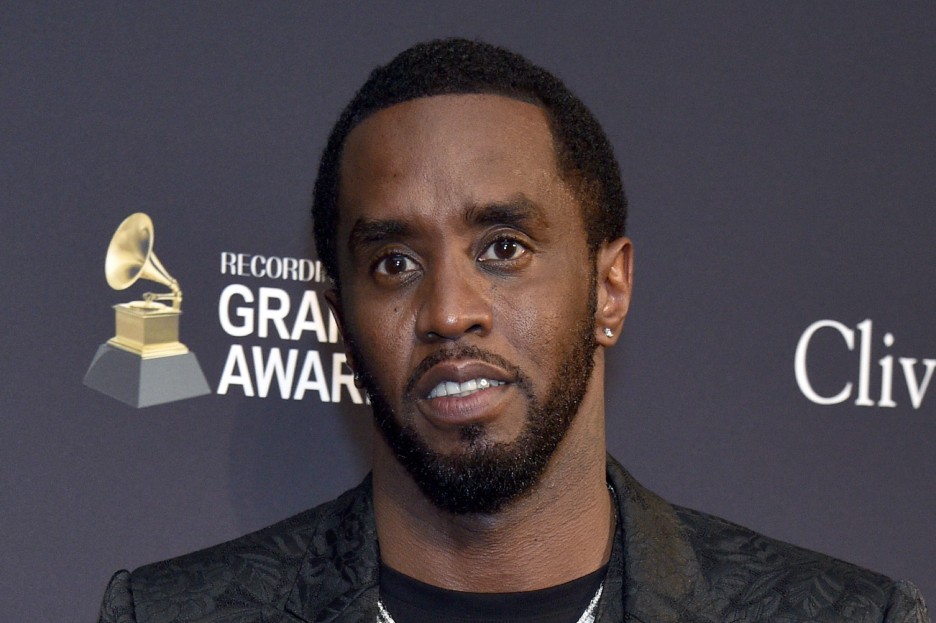Diddy Faces Defeat As Judge Rejects Major Request Over Seized Notes That Could Bolster His Case

Sean "Diddy" Combs was hit with a courtroom setback after jailhouse notes were seized from the prosecution.
On Wednesday, AllHipHop reported that Diddy was denied an evidentiary hearing by a federal judge who ruled that his handwritten notes were seized during a sweep at the Metropolitan Detention Center (MDC).
Combs had argued that his constitutional rights had been violated during the October 2024 search, but U.S. District Judge Arun Subramanian rejected his argument.
An investigator with the Bureau of Prisons (BOP) snapped photos of 19 pages of Combs' notes and sent them to a government filter team. This team, composed of prosecutors not affiliated with the case, reviewed and edited the materials before they were sent to the prosecution's case team.
However, Combs' lawyers argued the seizure violated his Fourth and Sixth Amendment rights because the prosecutors had an unfair advantage in building a case against the music mogul. Combs is facing federal pending sex trafficking and RICO charges against him.
The court ruled in favor of federal authorities, who promised not to use the confiscated bills or any evidence gained from the notes in the trial against Combs. Judge Subramanian found that the government had promised not to use the materials, making Combs' constitutional claims "moot."
The court recognized this as a "misstep," but gave no remedy. A judge suggested that Combs could revive the matter if prosecutors try to introduce the materials in dispute at trial.
Until then, Combs is held in MDC under special restrictions, and his trial is set for May 2025.
Judge Orders Destruction of Sean 'Diddy' Combs' Jail Cell Notes
Federal Judge Subramanian ordered prosecutors to destroy 19 pages of handwritten notes Diddy submitted in late November last year, as per ABC.
Combs' defense says he ordered the government not to have notes that he says are protected by attorney-client privilege. The ruling followed a court hearing in which Combs, who appeared unshackled for the first time, smiled and hugged attorneys and courtroom observers.
Defense lawyer Marc Agnifilo argued that notes — which bore the label "legal" — contain other privileged communications with Combs' lawyers. "Virtually every single thing in these legal pads are matters he discusses with his attorneys," Agnifilo said, as quoted by ABC, calling the seizure an "institutional failure."
However, prosecutor Christy Slavik argued that simply calling documents "legal" does not automatically cover them with attorney-client privilege. The notes were among the circumstances prosecutors relied on to argue against bail, suggesting that Combs may have paid off a potential witness.
Originally published on Music Times





